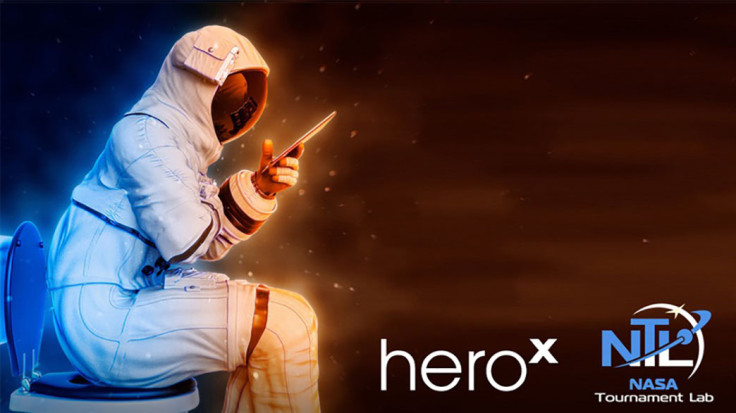NASA launches contest to develop toilet that will function on the moon and in space
It is open to the global community to come up with a new cutting-edge platform that would be used in the upcoming Artemis mission.
Despite several delays that threatened to derail the launch, Elon Musk's SpaceX project successfully sent two astronauts into orbit in May. This apparently rekindled interest in the United States space program with plans to send humans back to the moon. While the National Aeronautics and Space Administration (NASA) is yet to announce anything related to the event, it is pegged for 2024. Meanwhile, the government agency is likewise drumming up publicity by dangling a $35,000 prize for anyone who can develop a moon-ready toilet.
Along with crowdsourcing platform HeroX, the competition is called the Lunar Loo Challenge. It is open to the global community to come up with a new cutting-edge platform that would be used in the upcoming Artemis mission. Currently, the ones used by astronauts in the International Space Station (ISS) was installed way back in the 1990s. There have been complaints that it produces unpleasant odours and can be messy at times as well.
Thankfully, a new one is slated to be installed later this year dubbed the Universal Waste Management System. However, this is apparently not feasible for use in the upcoming mission due to a particular factor. Unlike the microgravity of space, the force of gravity on the moon is 16.6 percent that of what we experience here on earth. Therefore, NASA hopes that someone might be able to invent a novel approach on how to dispose off human waste hygienically relative to the lunar surface.
The contest officially went live on June 25, and will end on Monday, Aug. 17. Aside from the cash, whoever wins will receive a winner's certificate, public recognition, and official merchandise. According to the official Lunar Loo Challenge webpage, "NASA's Human Landing System Program is looking for a next-generation device that is smaller, more efficient, and capable of working in both microgravity and lunar gravity. This challenge includes a Technical category and Junior category."

NASA will announce the winners for the adult category on Sept. 30, followed by another even on Oct. 20, for the younger participants. Entries will be evaluated based on its ability to perform its intended functions as well as the feasibility of it being developed before the upcoming mission.
© Copyright IBTimes 2025. All rights reserved.





















